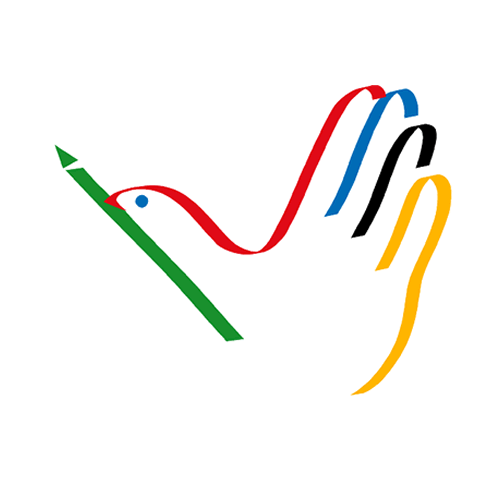2007 began very badly, with the murder of Turkish-Armenian Agos newspaper editor Hrant Dink. It was a tough year for press freedom, with authoritarian behaviour and nationalist violence.
Dink’s murder could have been prevented
Hrank Dink was shot dead on 19 January 2007 in front of the Istanbul offices of the privately-owned bilingual Turkish-Armenian weekly magazine Agos he edited. The killer, O. S., from Trabzon, a bastion of Turkish nationalism, was arrested hours later and investigations soon showed he had ties to the security forces, which had been warned several times Dink was going to be killed.
But officials refused to prosecute the police suspects and evidence was reportedly destroyed. The trial of the 19 suspects began in Istanbul in July amid tight police security and because O.S. (17) was a minor, was held in secret. The second hearing mentioned the police involvement. The third hearing was on 11 February 2008, and the next hearing is on 25 February.
Article 301, the enemy of press freedom
When the hitman was arrested he expressed no remorse and said Dink deserved to die for insulting Turks. Dink had been prosecuted several times for calling the Ottoman Empire massacre of Armenians “genocide,” a term that Turkey rejects. Article 301 of the criminal code provides for between six months and three years in prison for anyone “openly denigrating” the government, courts, police or armed forces.
Dink was given a suspended six-month prison sentence in 2005 under this article and was prosecuted again in September 2006 for calling the Armenian massacre “genocide” in an interview with Reuters news agency. His son Arat and two other Agos staffers were given year-long suspended prison sentences in October 2007 for reprinting the interview in the magazine.
Promises of amendment not kept
A few days earlier, newly-elected Turkish President Abdullah Gül told the Council of Europe’s Parliamentary Assembly that he favoured amending article 301. The EU’s annual progress report on Turkey’s application to join the EU said very serious efforts were still needed to improve freedom of expression.
Justice minister Mehmet Ali Sahin said on 6 November the government would amend article 301 and that the cabinet would give priority to proposals based on calls from civil society groups. Prime minister Erdogan made similar promises a year earlier.
The army as a threat to the media
Nationalism was behind many attacks on press freedom. Yasin Yetisgen, owner-editor of the Kurdish paper Coban Atesi, was thrown in jail for printing an article on 2 August saying the town of Antep was in “northern Kurdistan,” an officially-illegal term. Journalists were several times forbidden to report on Turkish military operations in Iraqi Kurdistan against PKK rebel bases, officially so as not to demoralise the population with “negative” news but in fact to preserve the image of the army.
This desire for control was shown in March when two reports, from the the military high command and the prime minister’s office, were leaked to the media. They revealed that media outlets and journalists were classified as to how far they agreed with government policies and that official accreditation was used to either exert pressure on a media outlet or journalist or to reward those that backed the armed forces.
Three French journalists - Guillaume Perrier of Le Monde and two photographers for the Capa photo agency - were arrested on 24 October at the Habur border-crossing between Turkey and Iraq for refusing to show their film to customs officials, who roughed one of them up. They were held for questioning with no reason given, separated and interrogated. They were freed by the town prosecutor the next day but their film and equipent was not returned.
Kurdish media faced obstacles
Many Kurdish media outlets were shut down, sometimes more than once, mainly for supposed “terrorist propaganda,” and most often the newspapers Gündem and Güncel. Gün TV, broadcasting in the southern region of Diyarbakir and the only station allowed to put out Kurdish-language programmes, ran into many problems, including when it broadcast Kurdish songs.
Columnist Aydin Erdogan was dismissed in October by the daily Cumhuriyet for criticising, during a TV debate on the pro-Kurdish Roj TV channel, planned constitutional changes and for advocating a peaceful solution to the Kurdish conflict. He was also not allowed to present his own books put out by Cumhuriyet Publishing at the Tuyap book fair as had been planned. (RSF/AG)







